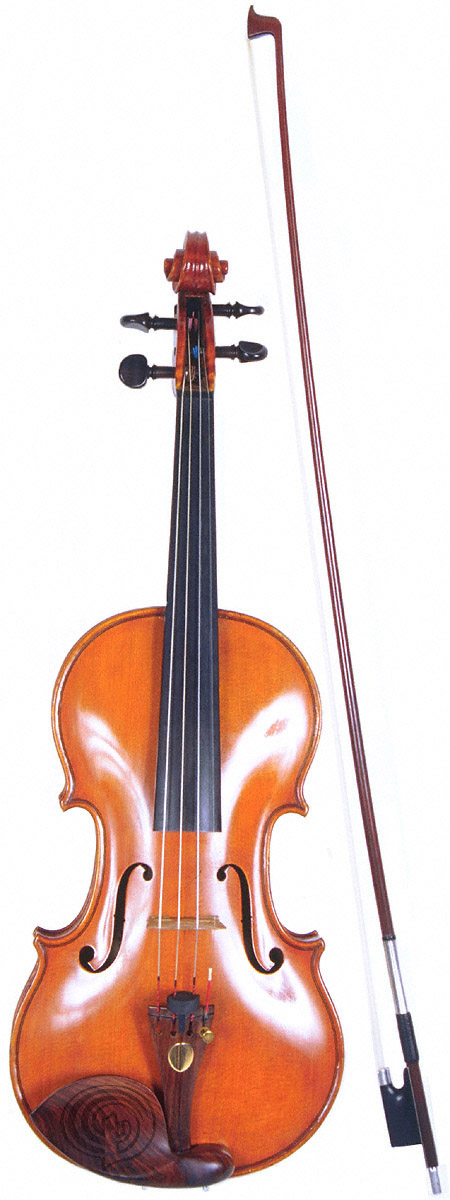 Deserved or not, to some the word ‘Calvinist’ conveys the imagery of stubborn, graceless, coldly logical Christians who expect everyone but themselves and a select few others to be in hell. That’s a shame, because by that characterization, many, including John Calvin, would make rather poor Calvinists!
Deserved or not, to some the word ‘Calvinist’ conveys the imagery of stubborn, graceless, coldly logical Christians who expect everyone but themselves and a select few others to be in hell. That’s a shame, because by that characterization, many, including John Calvin, would make rather poor Calvinists!
John Calvin was a man of deep scholarship and deeper piety. He understood joy and he understood suffering. He had a deep passion for the glory of God and a deep compassion for the plight of men. He was one who knew what it meant to be a Christian, what it meant to live as a Christian, and had that rare giftedness which enabled him to convey with clarity what he knew.
Calvin’s Institutes of the Christian Religion has been enshrined in two lists:
1) as one the Great Books of western civilization and
2) as one of the books which, therefore, almost no one reads.
That is a great loss. I read the institutes a number of years ago, and found the experience deeply, deeply rewarding. Calvin’s insights into the Christian life still resonate with me, and I have returned to him often and recommended passages to others.
A friend has put me on to an organization which is encouraging others to join with them in reading through Calvin in 2009. You can get the details here. Even if you do not commit to read through this in a year, if you request one, the folks at this site will send you a reading schedule which has broken down Calvin’s massive book into bitesized portions. That would be worth having, even if you read the book at a slower pace.
Now, what about violins?
When a child begins to learn a musical instrument, many parents make what is to me a grave mistake. They provide their child with an inferior (i.e. ‘cheap’) instrument. While this makes good economic sense, the child, unskilled to begin with, will meet early frustration because he just won’t be able to make the instrument sound good. I think that a good instrument, more costly at the outset, will pay rich rewards as it will be that much easier to learn, easier to play, and more likely to keep the child’s interest.
If you decide to read Calvin, you have the same options before you. You can lay hands on an inexpensive translation (Beveridge) and think that you have stumbled upon a bargain. But the translation is old, tedious, and dry, and you will bog down quickly. Your reading will not sing.
I would suggest that instead you take on this noble task with a worthy instrument. Spend the money and buy the Ford Lewis Battles translation. It is modern, well annotated, and well bound. It stands a much greater chance of keeping your interest.

Anonymous
This is great! Thanks so much for the encouragement to read Calvin in 2009! I’ve ordered the “good” version and emailed for the reading schedule. Anyone out there is blog land with me?????Staci
snowbot
I’m in! I’ve already got the reading schedule and book and am ready to roll.Keith
Anonymous
At various times we’ve used Calvin’s Institutes – the Battles translation – in evening devotions. His language is eloquent.It’s so rich you can sometimes absorb only a paragraph; akin to having only a small bite of a rich dessert.At other times it’s almost shocking to see how direct and to the point he is in exposing the errors within the Christian church.G and A
Randy Greenwald
That is the most difficult thing about Calvin – the strong polemic language he uses at times. However, he was a product of his times, and I believe that we cannot emulate him in this (as I’ve heard some attempt to do). It would be akin to importing the boisterousness of the British Parliament into the US Senate. Culture needs to be taken into account.
TulipGirl
How cool! I was just thinking the other day that I’d like to have a project of reading more Calvin this year — though, I’m not sure I’m ready to tackle read-through-the-Institutes. . .I’ve listened to the better part of Prof. Calhoun’s lectures on Calvin, and highly recommend them. . .
Gus/Adri
I know I’m going on a rabbit trail, but since Randy mentioned the British parliament, one of my peeves is that Congress doesn’t engage in real debate. All we hear on C-Span is committees questioning people, or members taking turns talking about their position on issues, with an inordinate amount of time figuring out how much time they have used on a particular topic. I’d like to see our president engage congress in debate the way the British PM debates members of parliament.G